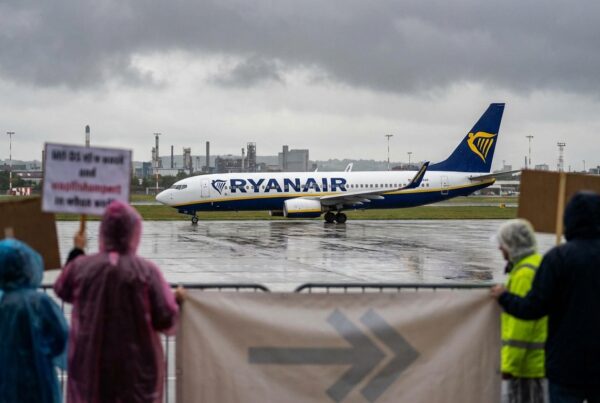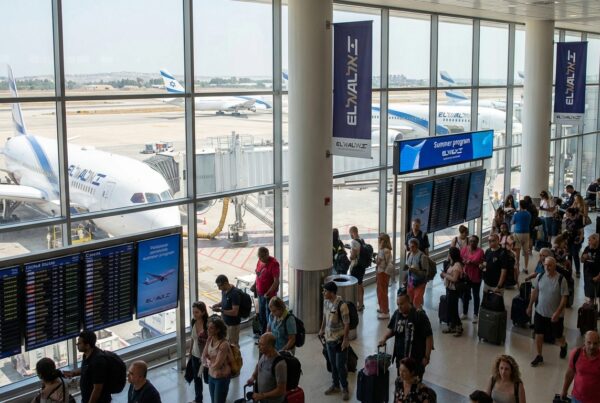The company Air Niugini significantly strengthens its fleet by acquiring two new Airbus A220. This strategic choice reflects the company's determination to modernize its equipment and improve its competitiveness in the international air transport market. The aircraft, renowned for their performance, offer optimized fuel consumption and high operational reliability. This acquisition will enable the company to strengthen its regional and intercontinental routes, while guaranteeing optimum passenger comfort. This step forward underlines Air Niugini's ongoing commitment to sustainable innovation and outstanding service quality. This strategy is a clear boost to the current brand image.
Air Niugini recently announced the integration of two new Airbus A220 to its fleet, marking a major step forward in its modernization and expansion strategy. This acquisition represents a major investment aimed at improving operational performance while offering passengers a more comfortable and eco-responsible flying experience.
A strategic investment for the future
The arrival of these ultramodern aircraft enables Air Niugini to assert its determination to position itself as a key player in the regional aeronautical sector. The choice ofAirbus A220 is based on its excellent performance in terms of fuel consumption and environmental friendliness, two essential criteria in a market in search of sustainable solutions.
The modernization of the fleet is not only a guarantee of competitiveness, but also a response to the new expectations of passengers, who are looking for fast, comfortable and energy-efficient flights. This approach is part of a global strategy of continuous improvement and enhancement of the Air Niugini brand.
Optimizing operational efficiency
Visit Airbus A220 feature cutting-edge technology for optimized resource management and a significant reduction in operating costs. As a result, Air Niugini benefits from a lighter, more agile fleet, adapted to variations in demand and to the logistical challenges specific to island environments.
The acquisition of these new aircraft completes a series of recent operations in the aviation industry, similar to initiatives taken by other airlines worldwide. For example, airlines such as All Nippon Airways or even Delta and Korean Air have also embarked on strategies to renew their fleets through technological innovation.
Impact on network and connectivity
The integration of the Airbus A220s will help strengthen connectivity between the islands and improve the frequency of regional connections. This choice of equipment offers the possibility of increasing transport capacity without compromising passenger safety and comfort.
The company is taking advantage of this opportunity to optimize its network of destinations while consolidating its presence on strategic routes. The increased flight frequency should also boost the local economy and stimulate the development of regional tourism.
Global trends in aeronautics
Air Niugini's fleet renewal is part of a global dynamic in which innovation and modernization play a key role. Internationally, other players in the sector are also making major investments to remain competitive.
Notable developments include a warning from an American politician concerning aircraft purchase projects in a context of trade war (Ryanair and Chinese acquisitions). Similarly, other major companies such asAir Canada and Emirates SkyCargo are upgrading their fleets to meet the demands of a constantly changing market.
These initiatives underline the importance of a proactive approach and technological adaptation to keep competitive advantages in a highly competitive sector. Air Niugini's acquisition of the Airbus A220 is an example of modernization and innovation at the service of greater operational efficiency.
Air Niugini and the acquisition of new Airbus A220
| Criteria | Description |
|---|---|
| Strategic objective | Strengthen a modern, competitive fleet. |
| Expanded fleet | Insertion of two new Airbus A220 in the workforce. |
| Performance | Greater operational efficiency and faster turnaround times. |
| Technology | Aircraft equipped with modern systems for safety and comfort. |
| Fuel economy | Lower operating costs thanks to innovative engines. |
| Environment | Emissions reduction with respectful technology. |
| Competitive advantage | Enhanced brand image and market positioning. |




